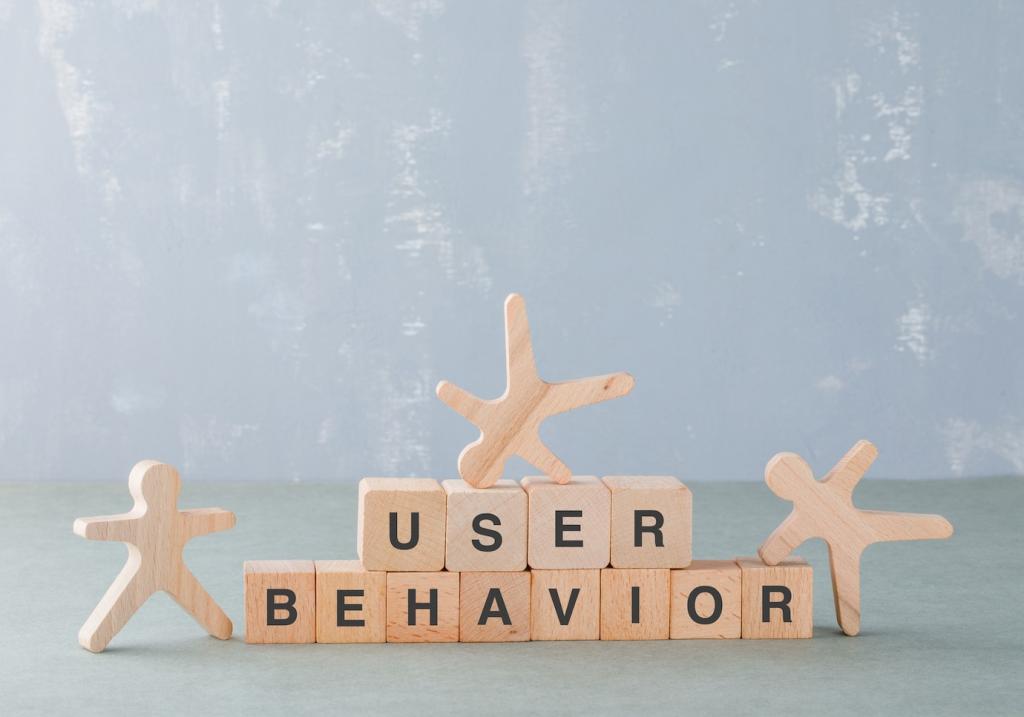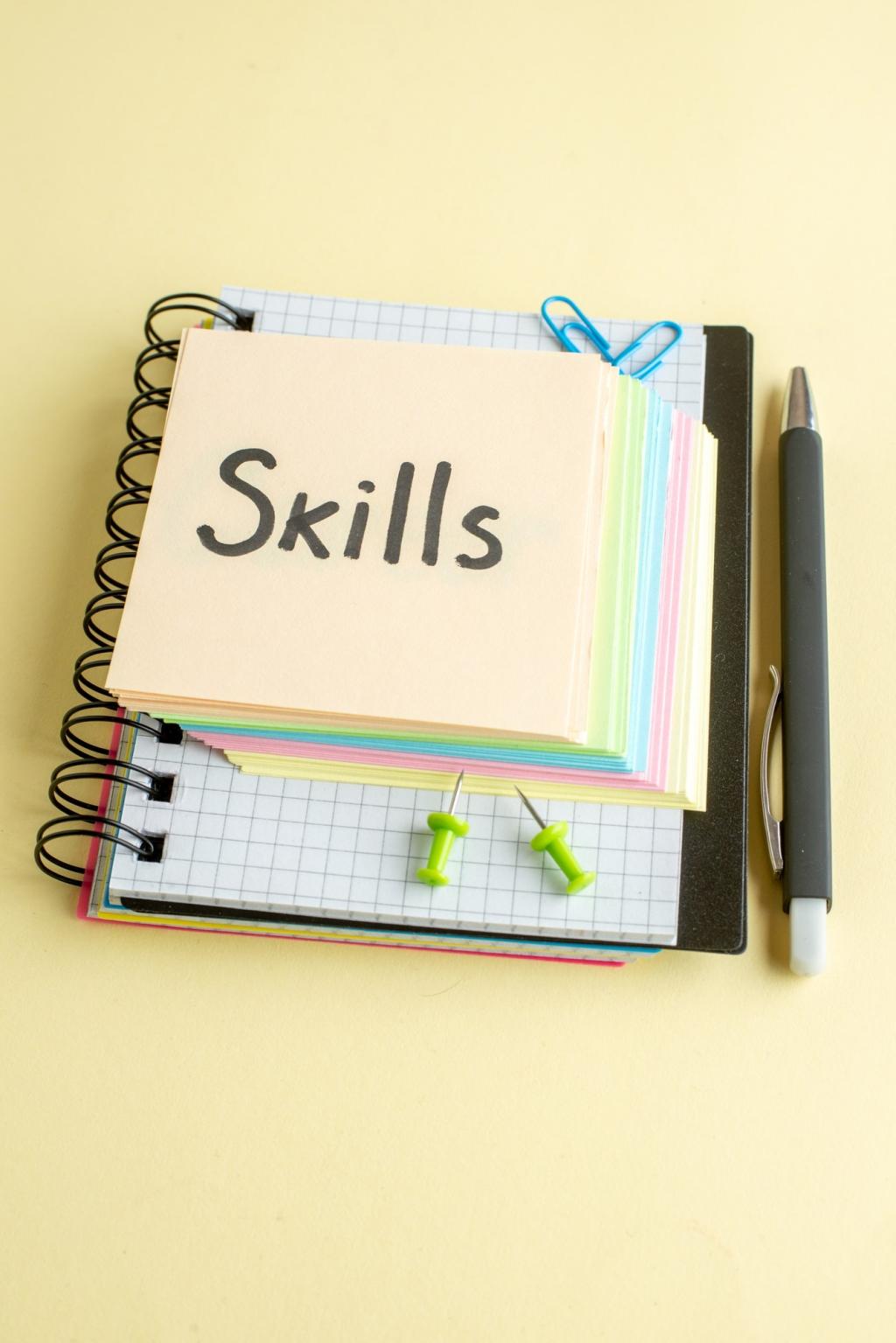
Enhancing Digital Literacy in Education
Welcome to a space where educators, students, and families learn to navigate information with confidence, empathy, and curiosity. We explore classroom-ready ideas, real stories, and practical frameworks that turn scrolling into skill-building. Subscribe, share your experiences, and shape this growing community with your questions and wins. Chosen theme: Enhancing Digital Literacy in Education.
Why Digital Literacy Matters Today
01
From Search to Sensemaking
Students often believe the first result is the best result. Teaching them to compare sources, inspect authors, and trace claims to origins turns searching into sensemaking. Invite your class to annotate search results aloud and discuss surprises, then share your favorite routine in the comments.
02
Equity, Access, and Opportunity
When access is uneven, opportunity narrows. A ninth-grade student, Maya, gained steady Wi‑Fi through a school hotspot program and soared from quiet participant to class fact‑checker. Her journey reminds us that digital literacy grows where equity is intentionally nurtured. How does your school expand access?
03
Lifelong Skills Beyond the Classroom
Fact-checking, ethical citation, and healthy digital habits follow students into internships, community projects, and civic life. Alumni often write back saying the three-step verification routine saved them from sharing misinformation at work. Encourage alumni feedback and subscribe for monthly prompts you can use tomorrow.

The Three-Source Rule in Action
Before citing any claim, students locate two additional, distinct sources and note agreements and contradictions. A simple organizer captures author, date, evidence, and funding transparency. The result is slower, wiser citations and livelier debates about reliability. What tweaks help this rule fit your subject?
Create First, Then Critique
Ask learners to produce a two-minute explainer video, then run peer reviews focused on clarity, citations, and visual honesty. Creating raises the stakes; critiquing builds empathy and standards. Students internalize why attribution matters when their own work is discussed. Post your rubric to inspire others.
Peer Teaching Fridays
Each Friday, two students become micro-mentors: one models reverse image search; another demonstrates alt text for accessibility. Rotations distribute expertise, normalize questions, and surface hidden talents. Invite volunteers, celebrate small wins, and add your favorite micro-lesson to our community thread.



Assessing Digital Literacy Without Stifling Curiosity
Design challenges that mirror life: verify a viral claim for a school newsletter, or craft a community guide to spotting manipulated images. Students demonstrate analysis and integrity under realistic constraints. Share your favorite authentic prompt, and we will feature exemplary student work (with consent).


Co-create data agreements: what we share, why we share, and where we never share. Model checking privacy settings together before each project. Students learn informed consent as a living practice, not a warning label. What privacy ritual do you use before publishing student work?

Teach password managers, multi-factor authentication, and phishing sleuthing through quick, weekly drills. A fifth-grader once caught a spoofed email by reading the domain aloud to the class. Small habits prevent big headaches. Post your favorite five-minute cyber hygiene routine below.

Practice commenting with care: paraphrase, add evidence, and end with a genuine question. Role-play tough scenarios, then debrief feelings and choices. Students realize empathy and rigor can coexist in challenging conversations. Invite your students to draft a community charter and share highlights with us.

Partnering with Families and Communities
Host hands-on stations: reverse image search, privacy checkups, and spotting clickbait together. Provide take-home guides in multiple languages and celebrate family expertise. Parents leave empowered to coach, not just police. What station would you add? Share your ideas and download our planning checklist.
Sustaining Teacher Growth Without Overwhelm
Microlearning with Coaching
Run short, focused cycles: learn one technique, practice in class, reflect with a colleague, and iterate. A seventh-grade team used this approach to refine verification prompts within two weeks. What micro-goal could your team tackle next? Share it and find a coaching buddy here.
Ready-to-Use Templates and Routines
Adopt reusable structures—source evaluation checklists, reflection stems, and peer review protocols—to cut prep time and boost consistency. Templates free you to notice student thinking. Which routine saves you the most time? Comment, and we will add a community template pack to our newsletter.
Celebrate Wins and Reflect on Stumbles
End each unit with a five-minute retrospective: what worked, what surprised us, and what we will try next. Sharing missteps normalizes learning for everyone. Drop a story of a stumble that became a strategy, and encourage colleagues to subscribe for future spotlights.
